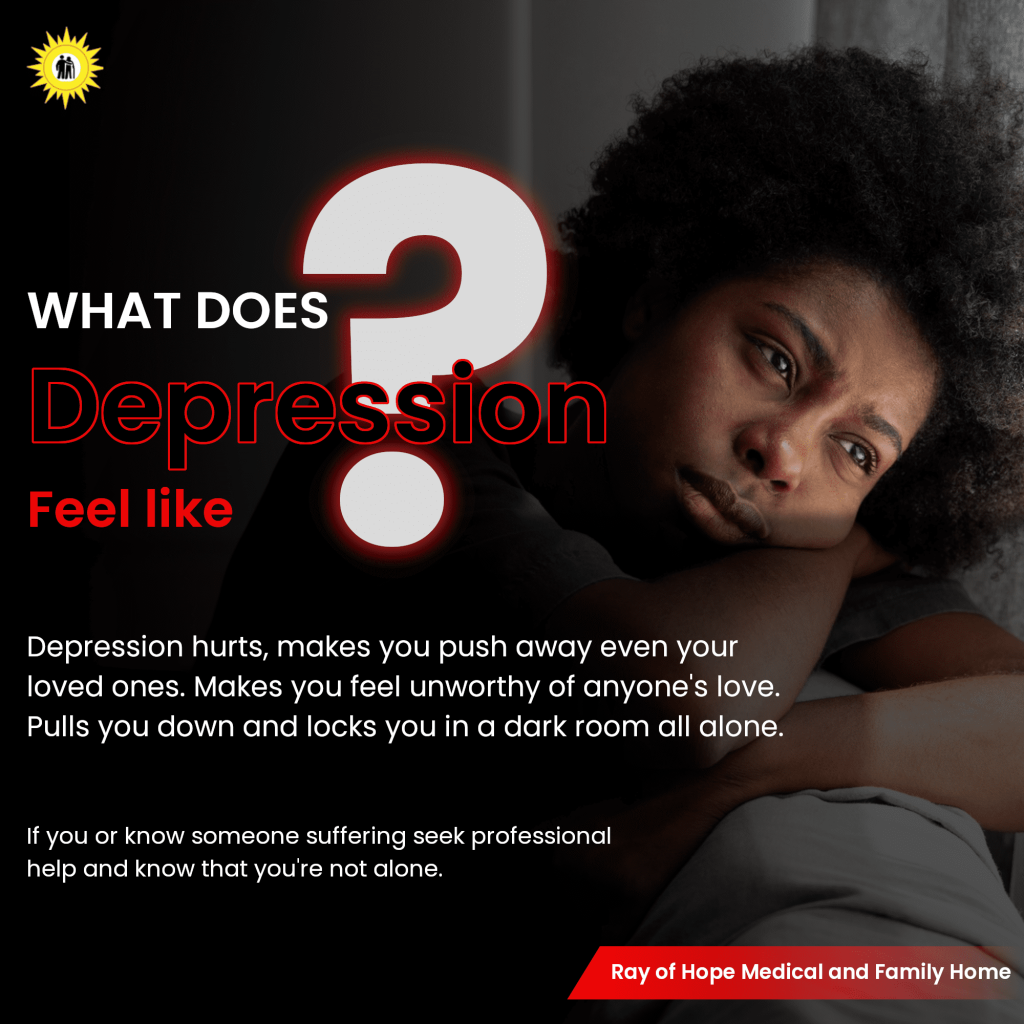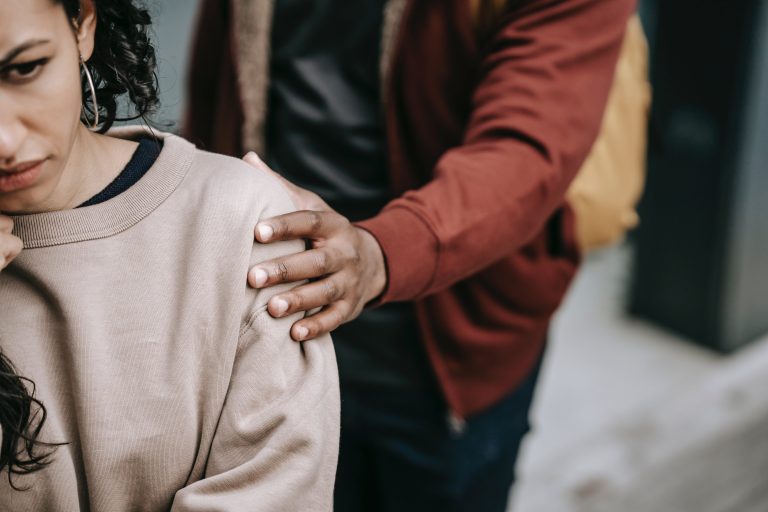10 Reasons Why Depressed People Push Loved Ones Away—Understanding Isolation and Depression

When one is depressed, a lot is going on in their minds, they can’t say it’s painful or dark to the people they love. They are just not ready to drag their loved ones down with them. Pushing them away seems like a perfect immediate solution for them.
This article explores the reasons behind this withdrawal and offers guidance for both those struggling with depression and how to seek support.
What is depression?
Depression is a mood disorder characterized by persistent feelings of sadness, or loss of interest/pleasure in activities once enjoyed. It impairs one’s social, occupational as well as other important areas of functioning.
According to WHO, an estimated 5% of adults suffer from depression globally. People who have lived through abuse, severe losses or other stressful events are more likely to develop depression. Women are more likely to have depression than men.
The push away: Why depressed people isolate?

Feelings of worthlessness
They feel they’re nothing and of no value in any relationship. They feel empty and no matter how hard others try to care and keep them involved, they feel they’re not worth it. Depression makes one feel unworthy of love, so they withdraw themselves.
Socializing is very exhausting
One is very weak to even take care of oneself, mere going through the day is extremely overwhelming. They have little or no energy to maintain social interactions. Even spending time with a loved one can feel like a lot of work.
Fear of getting hurt
When one is depressed, they feel they’re unlovable and burdensome. They feel like at a given time even their friends and family will abandon and leave them helpless. So, pushing everyone away in advance protects them from being disappointed.
Read about; How borderline personality disorder affects relationships.
Stigma and shame
Many people with depression experience embarrassment about their condition. The stigma surrounding mental health can make individuals reluctant to share their experiences for fear of being judged or misunderstood.
Physical symptoms
Depression is not just a mental battle; it has physical symptoms too. Chronic fatigue, changes in sleep patterns, and other physical manifestations of depression can make socializing seem like an insurmountable task.
Negative self-beliefs
When one is battling depression, negative self-beliefs build up. One may believe that they are a burden to friends and family, believe that they’re hopeless with no bright future ahead. In this process, pushing away loved ones becomes inevitable.
Poor concentration
Maintaining social interactions and accomplishing tasks calls for concentration. In a depressed mind, a lot of negative thoughts are pacing throughout, such as suicidal ideations, thoughts of failure, leaving no room to concentrate. Affected individuals may choose to withdraw themselves.
Irritability
They may overreact over something small since they are already deeply hurting. In the first place, they don’t care how they react. They may end up insulting friends and family. To avoid all this unnecessary drama, withdrawing may be the solution.
Extreme guilt
The guilt they carry on their hearts is for the whole world, to an extent that anything wrong that happens with them around is their fault. They blame themselves for whatever is wrong, they believe somehow, they’re responsible. Isolating themselves saves them the blame.
Better off alone
They just don’t want to hurt or be hurt by anyone, they feel no one understands their pain, they feel worthless, so they choose to be alone.
Understanding isolation: How it worsens depression
While isolating might seem like a temporary solution, it can worsen depression in the long run. Humans are social creatures, and connection is vital for our mental health. Here’s how isolation can worsen depression:
Loss of support
Withdrawing from loved ones, cuts us off from a crucial source of support and encouragement.
Increased loneliness
Loneliness fuels feelings of sadness and hopelessness, further deepening the depressive state.
Distorted thinking
Isolation gives room for negative thoughts to build up, making it harder to see a path out of depression.
Overcoming isolation: Steps to reconnect
If you’re struggling with depression and find yourself pushing loved ones away, here are some steps to reconnect:
Be honest
Open up to a trusted friend or family member about your struggles. Let them know you care but find it difficult to connect right now.
Small steps
Don’t try to force a complete social interaction. Start with small, manageable interactions, like a phone call or a short walk with a friend.
Seek professional help
A therapist can equip you with strategies to manage depression and improve your communication skills. A psychiatrist can prescribe appropriate medications.

Top-notch health care for your loved ones
At Ray of Hope Medical, we provide both mental and medical health care services to all age groups.
Supporting an isolating friend
Offer non-judgemental support
Let them know you’re there for them without pressuring them to open up or socialize before they’re ready.
Be patient
Recovery from depression takes time, and the journey is not linear. Be patient and offer consistent support.
Encourage professional help
Gently suggest seeking help from a mental health professional who can provide tailored strategies for managing depression.
read our articles first!
A word from Ray of Hope
Isolation can be a natural response to the pain of depression, but it doesn’t have to be a permanent state. With understanding, patience, and the right support, individuals suffering from depression can find their way back to connection with their loved ones.
Article reviewed by
PCO. Wilson Mufumba
Psychiatric clinician at Ray of Hope Medical and Family Home




Leave a Reply